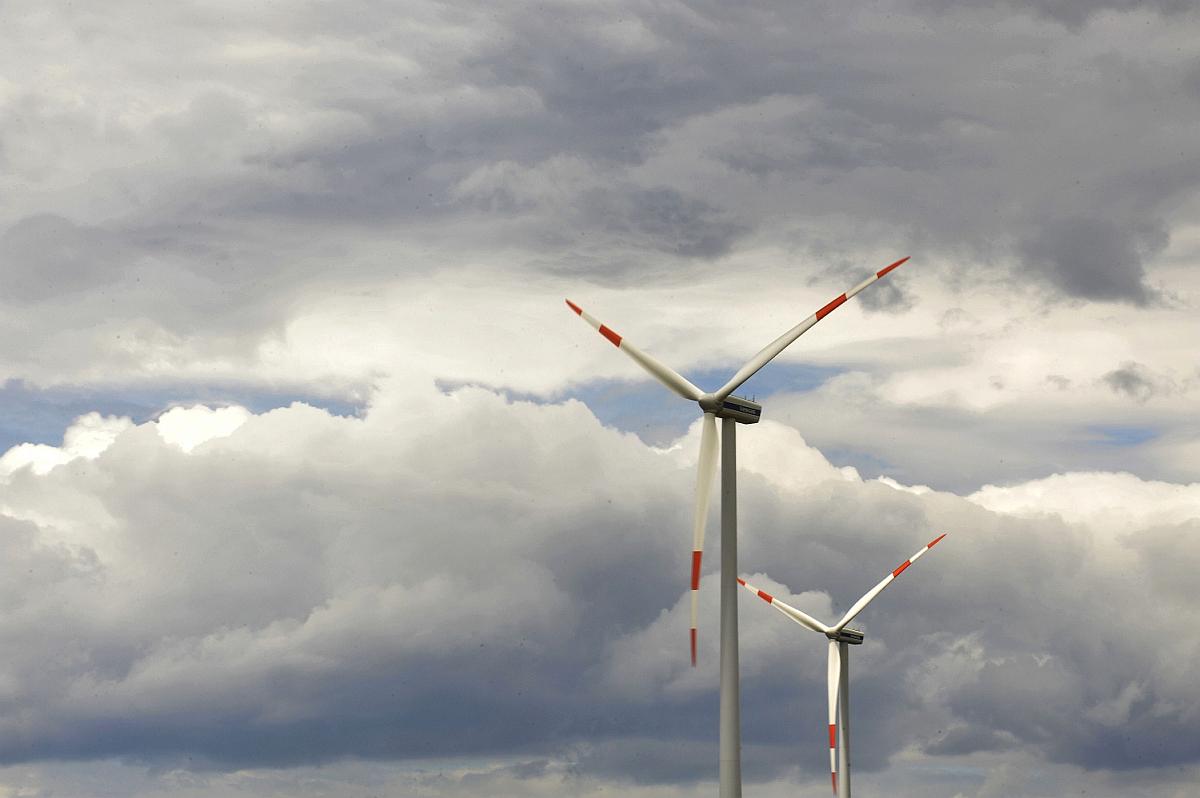
The Kranj-based Amicus corporation, which has been paying a rent of 5000 euros to the Gabrče Agricultural Co-op, has plans in the area. It plans to construct nine towers between 105 and 142 meters in height. They would generate up to 30 megawatts of total installed power. The investor was issued an energy producer's license by the Infrastructure Ministry in May 2016, while the Environmental Ministry urged that the government prepare a new spatial planning report. The Divača Municipality did not include the possibility of wind turbines in its spatial plan.
In a referendum three years ago, residents rejected the construction of wind turbines in the Senožeče area. Officials from the Ministry of Infrastructure explain that they must respond to proposals from investors as required by law, while the referendum was merely consultative in nature. The municipality did not include wind turbines in its spatial plan, but it added that the state is responsible for this field. National spatial plans come above municipal plans, says Divača mayor Alenka Štrucl Dovgan: "In order to provide the Coast and the Karst Plateau with water, the state did not resort to a national spatial plan, even though that would have simplified the eminent domain process."
According to the representative of a local civil initiative, Diego Loredan, the state is insisting on wind turbines because of its promise to the EU, even though EU directives do not stipulate the amount of electric power that Slovenia must generate from wind. The area is not suitable due to its relief, its settlement patterns, and insufficient available wind, adds Loredan. He believes that the Infrastructure Ministry is insisting that the Senožeče area is the most suitable part of Slovenia for wind turbines. "Our officials and experts have decided to pursue wind power, but if we look at avalable data, Slovenia is the scend-to-last country in Europe in terms of available wind power."
The Alpe Adria Green environmental organization warns that turbine farms are industrial areas that carry health risks. Slovenia has no legislation governing the distance of wind turbines from settlements; their noise is also unregulated. When queried, officials from the environmental Ministry have responded that they do not plan to address the issue this year.
Irena Cunja, Radio Koper
Translated by J. B.


































































